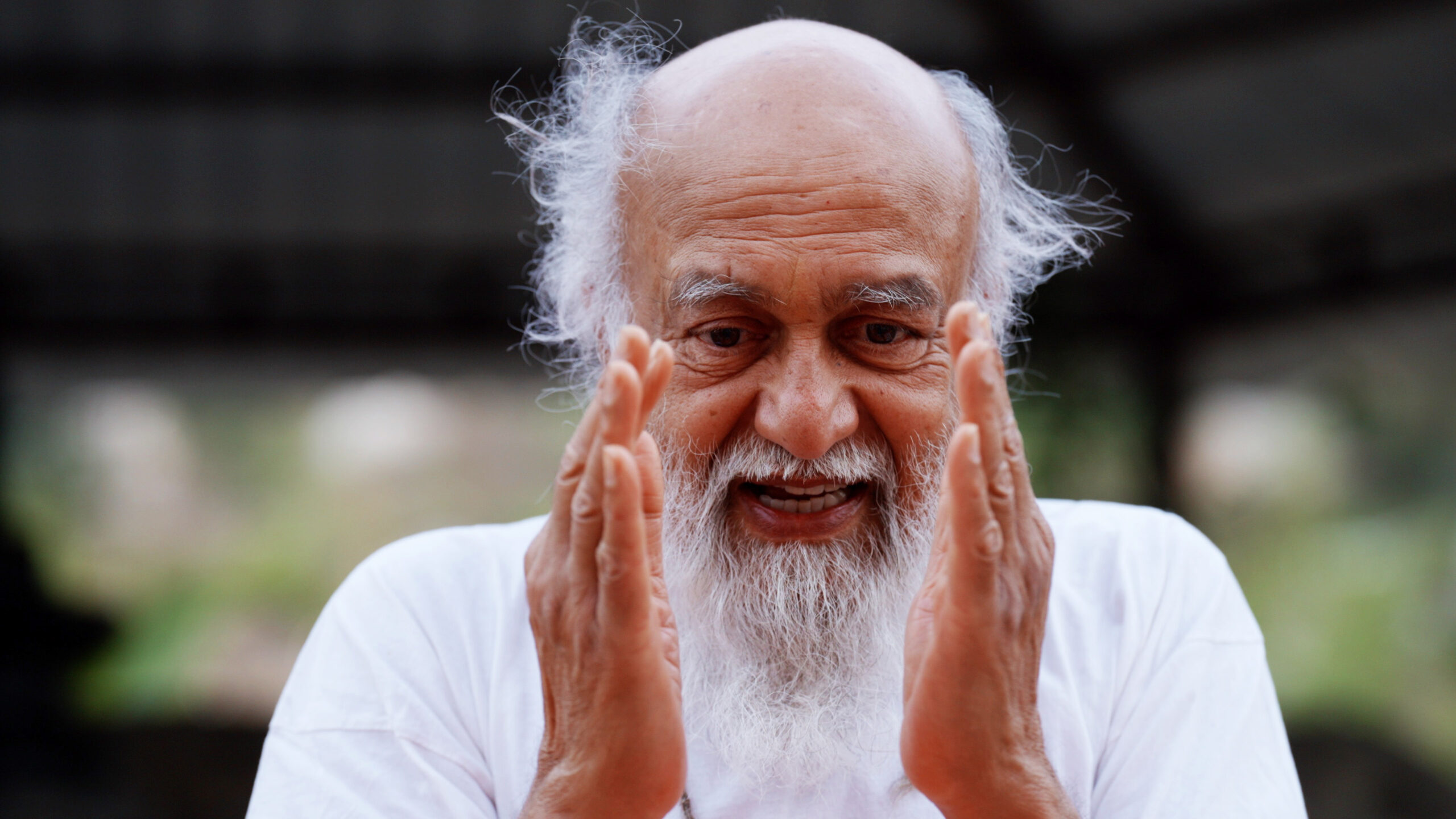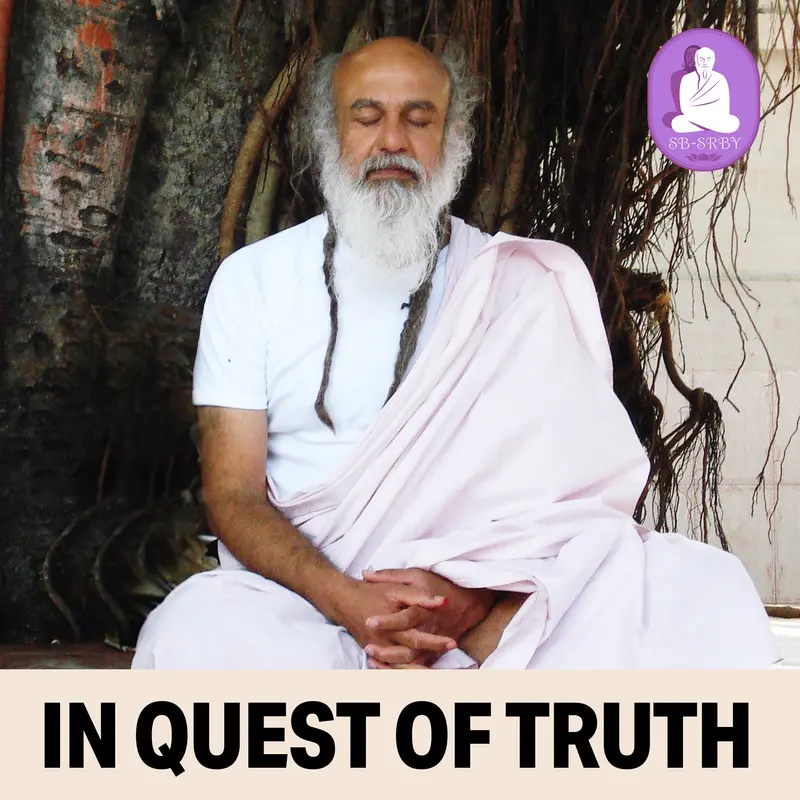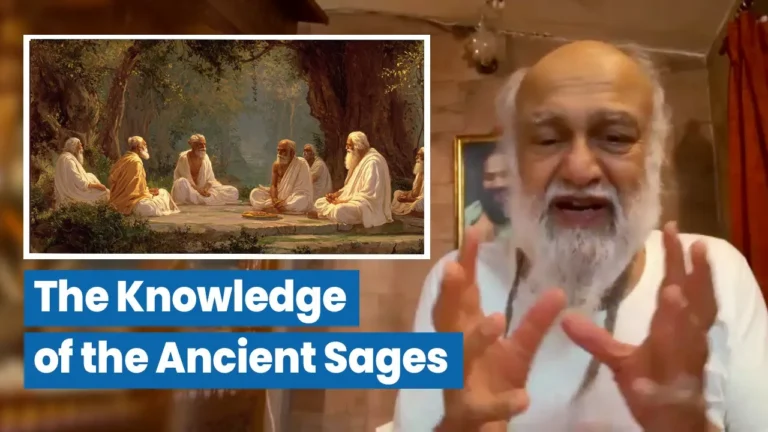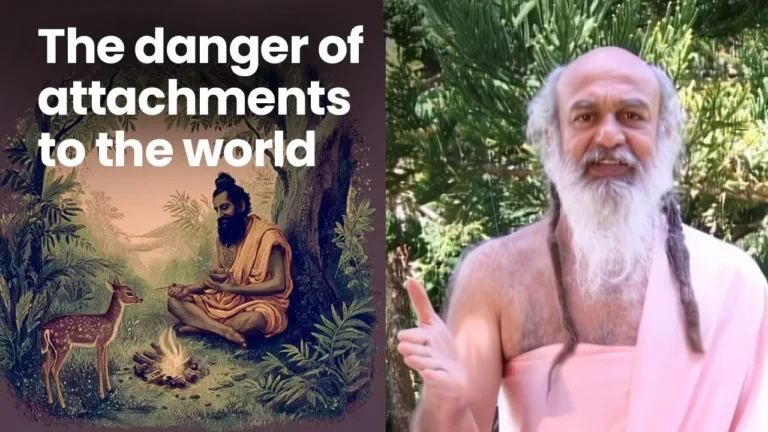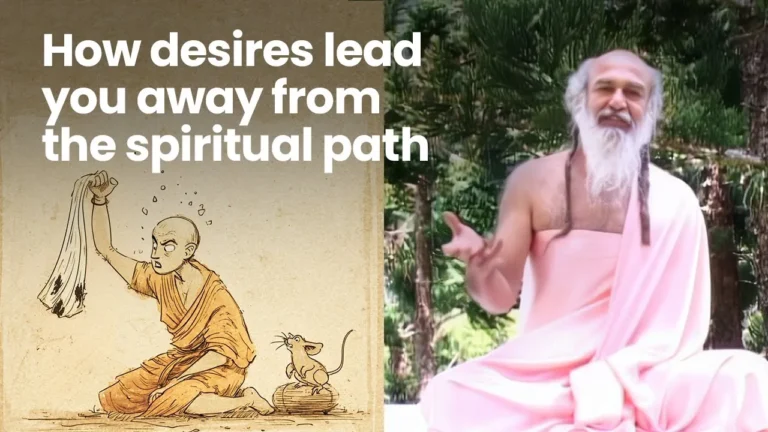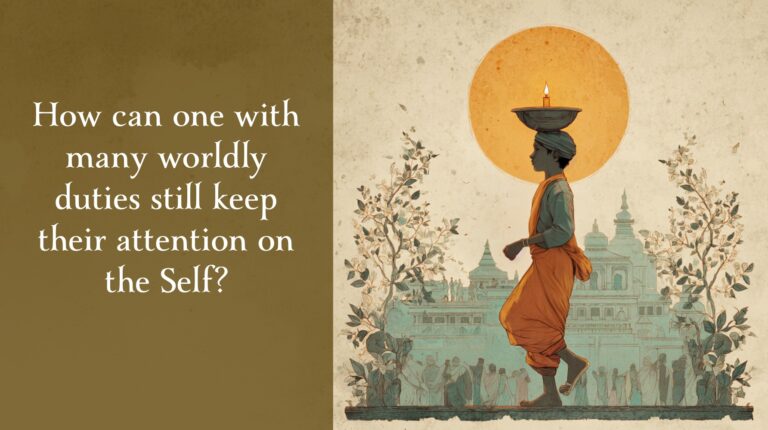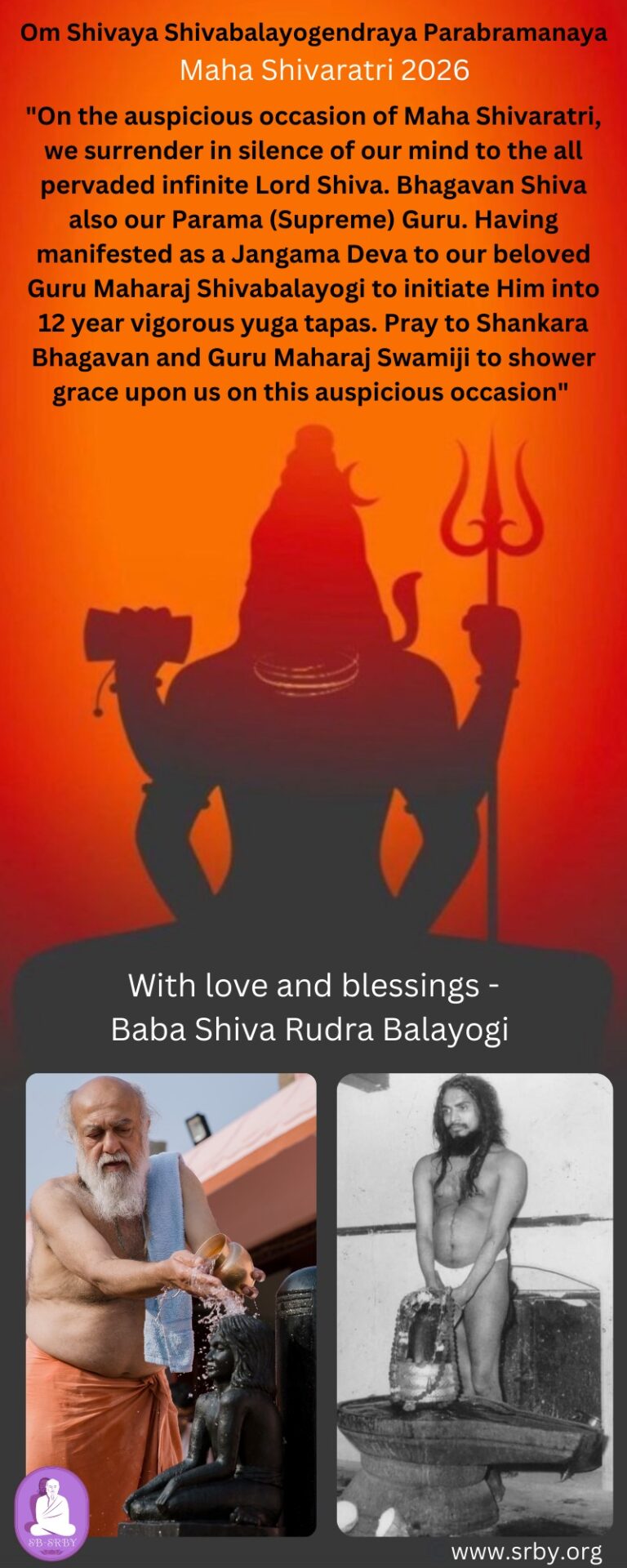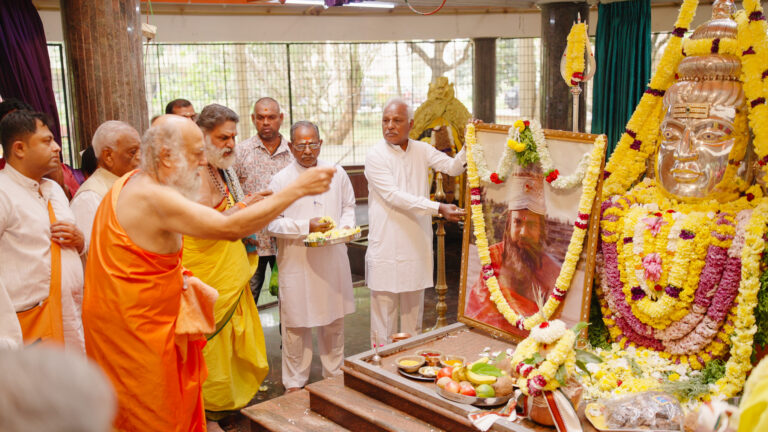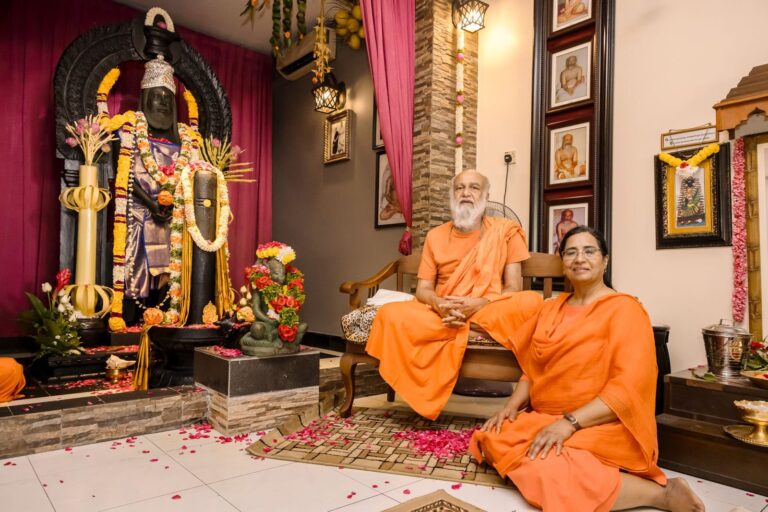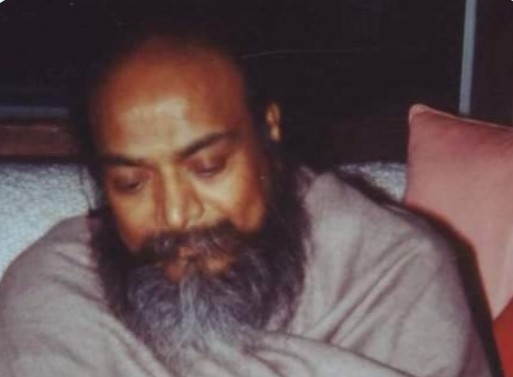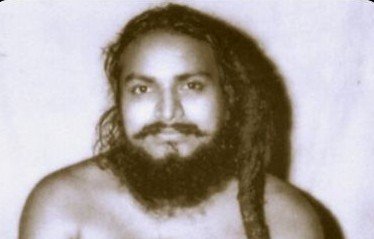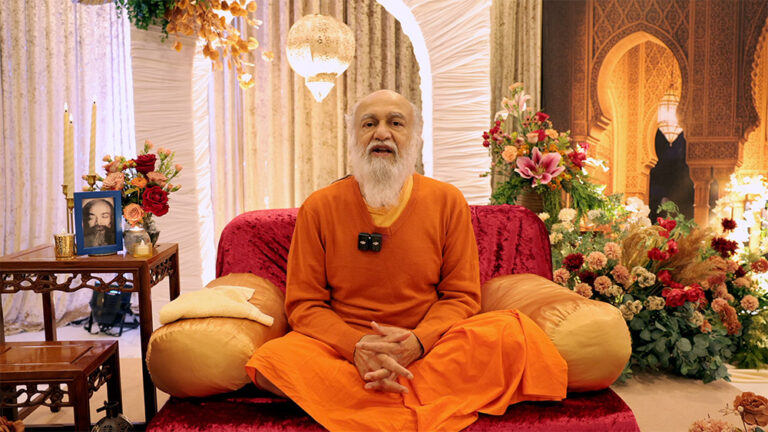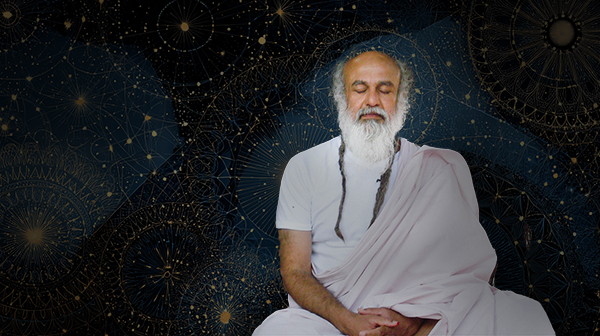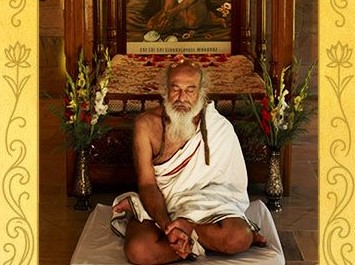The meditation technique of
Jangama Dhyana
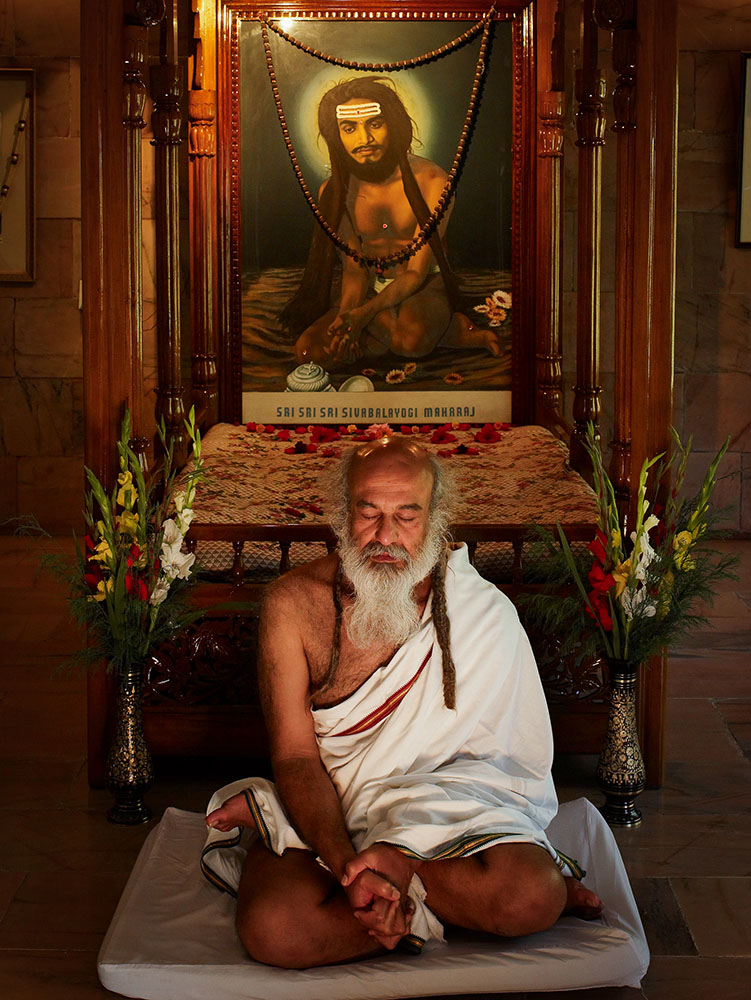
The Jangama Dhyana meditation technique is Universal, not related or linked to any religion or belief system.
Babaji’s Guru Shri Swamiji never tried to impose any religious doctrine. He always used to say:
“You don’t have to commit or change to any particular faith or religion, maintain your faith in whatever path you are now and practice meditation, then you will know who you are and what you need. Do not succumb to religious prejudices”.
The Technique
This meditation is one of the highest techniques that has been practiced since ancient times in India. No external anchor is used, the mind becomes quiet on its own. It must be practiced in a gentle way, not by forcing, not in a rush. With a polite focus the attention is brought to a single point.
Jangama Meditation Instructions
Sit comfortably keeping the back and neck straight.
Close the eyes.
Concentrate the mind and sight in between the eyebrows.
Keep watching there by focusing the attention.
Do not repeat or imagine anything – just watch.
If thoughts or visions occur, just keep watching.
Keep the eyes closed until the meditation ends.
The Origin
This technique was brought back to the world by the Divine manifestation of Lord Shiva as a Jangama Sage when Swamiji, at 14 years old as Sathyaraju, was initiated into the highest pitch of meditation known as Tapas that led Him to Ultimate Realization of the Self (see full history here).
This meditation technique was the method that was used in the older times of Rig Vedic Era by the ancient Sages and Yogis, when they pondered over their own existence, about Who Am I, leading them to the achievement of the highest, the Realization of the Self, where they realised their own existence as That, the Immortal Soul.
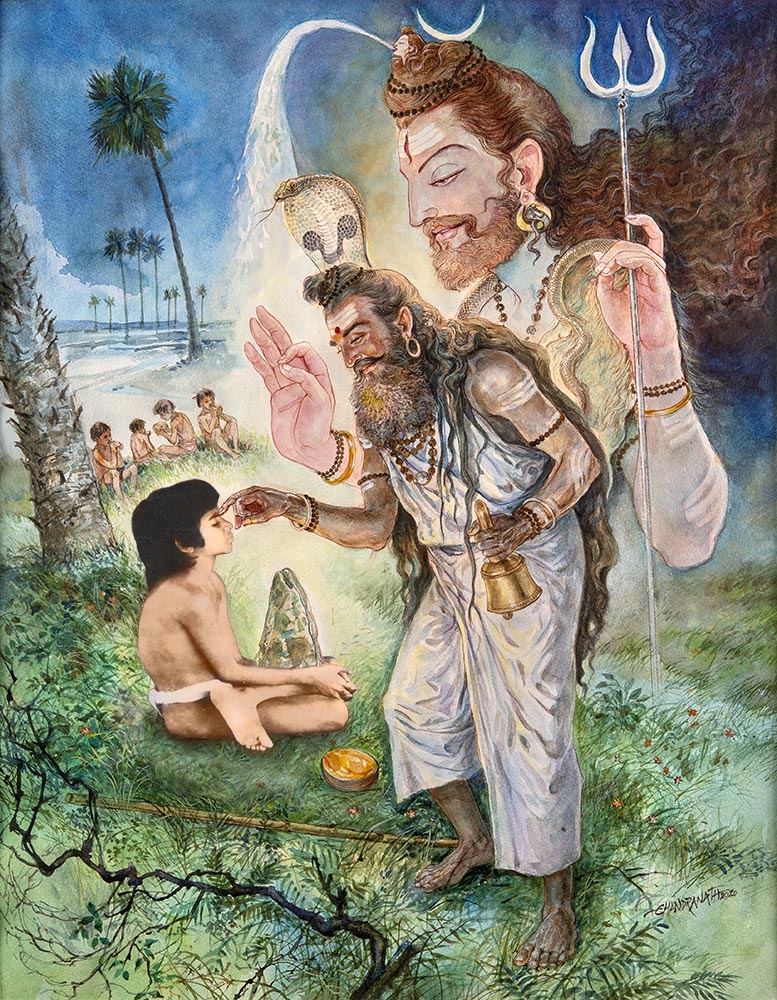
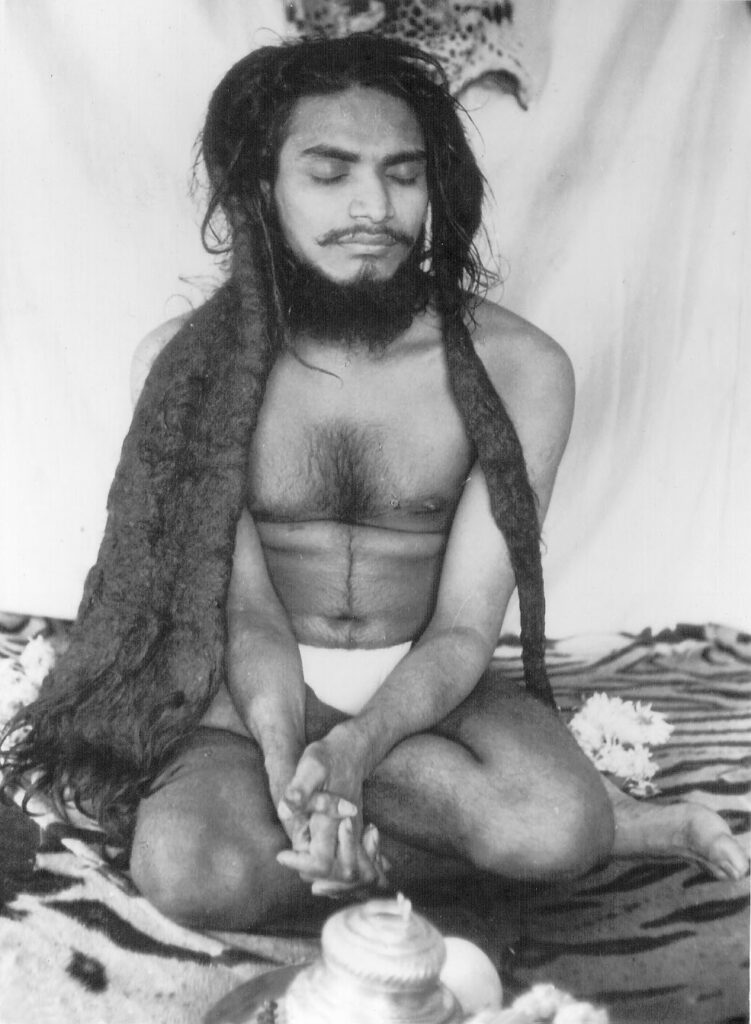
On completing His Tapas, Lord Shiva and Goddess Parvati appeared before Swamiji and issued Him with His new mission:
"People of this world have forgotten themselves and that is why they are miserable. Initiate them into Dhyana Yoga so they can know themselves by the practice of meditation."
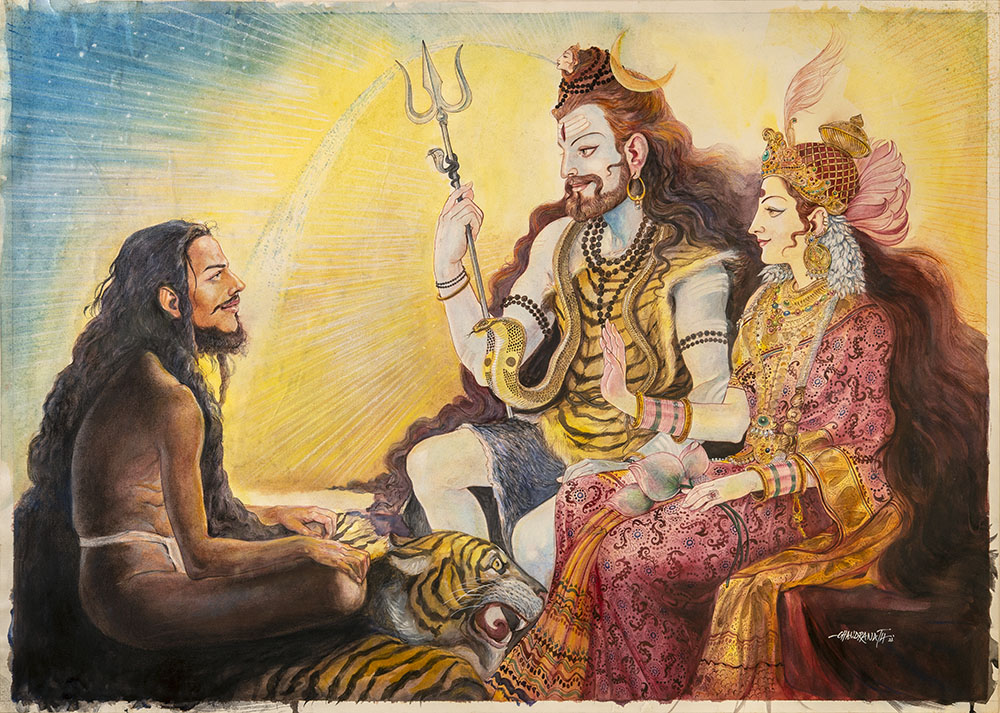
Swamiji initiated millions into this technique and passed it later on to Babaji, leading Him, as His Guru, to Self Realization (see Babaji’s biography here).
Now Babaji continues the legacy of His Guru by spreading this teaching all over the world, the teaching of one of the highest methods of meditation.
Why Meditate?
Babaji explains that the basic aim of meditation is to quieten your mind.
If you observe your mind, you will notice that it is constantly thinking, jumping from one thought to another. Not even for a fraction of a second does it seem to stop.
Thinking itself is not a problem, but if you can’t stop thinking, then it becomes a problem. It has forgotten how to stop, giving rise to cravings and unhappiness. The mind makes you dance to its tunes.
To overcome this you have to purify the mind of these habits so that you can become the master of your mind. Meditation is the method which enables you to achieve this. You will be able to think when you want to think and to stop thinking when you want to rest the mind.

Benefits of meditation
Memory and observation power, understanding capabilities and concentration and focus increases. One can live happily, stress-free and face challenges in a composed way, without being mentally affected.
If you pursue this meditation, eventually you can know your real Self, how you exist beyond the birth and death of the physical body – as the eternal entity, the immortal soul.
The permanent peace and happiness which we are all looking for is once and for all attained.
Babaji recommends to build up to a practice of at least 1 hour of meditation, every day. You can start with shorter periods and gradually extend the duration as you progress.
The three mantras of dedication, disciple and patience can make meditation easy.
Dedicate yourself, make it a priority.
Be disciplined; practice, practice, practice.
Be patient. The mind has gone out of control since time immemorial. It may take some time for it to come back.

